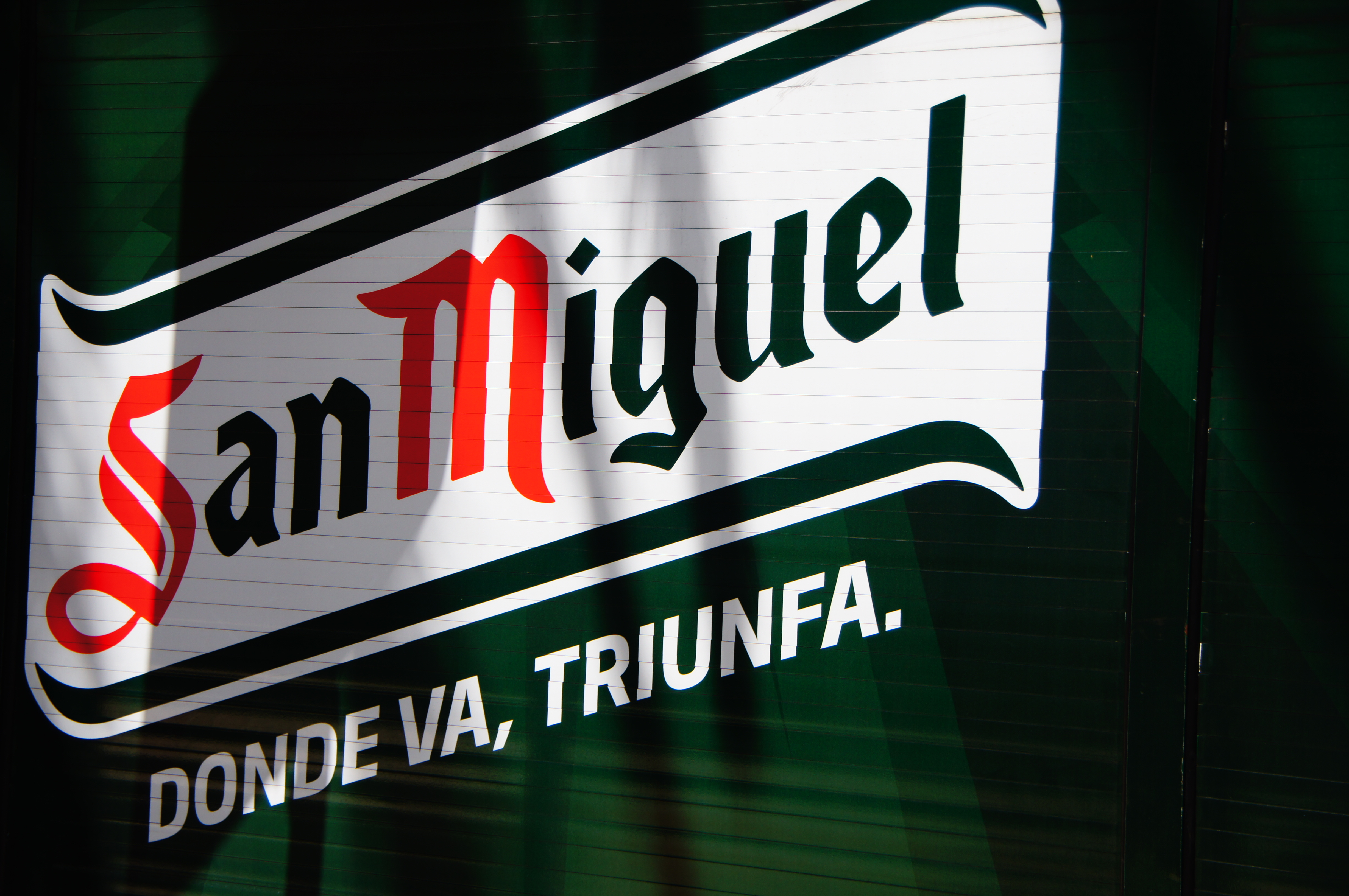Originating from Manila, Philippines, San Miguel beer is more than just a simple blend of ingredients.
It embodies a rich brewing tradition that spans over a century. As San Miguel has evolved over time, its commitment to quality and authenticity has remained unwavering.
Try it at Temple Bar!
Origins of San Miguel's beer
In 1890, Spanish entrepreneur Don Enrique María Barreto established San Miguel Brewery in the San Miguel district of Manila, Philippines. The company’s mission was to produce the finest beers that combined the European brewing expertise with the exotic tropical influence of the Filipino archipelago.
As time passed, San Miguel Brewery grew in size and reputation. Throughout the 20th century, it became one of Asia’s largest breweries, and gradually, its presence expanded globally.
Curious about how San Miguel beer ended up in Spain? Well, in 1953, long after the loss of the colony, the Manila factory was relocated to Spain. Beer was brewed by importing yeast from Asia on ships. Their very first factory was established in Lleida.

Beer Characteristics
San Miguel’s Pale Pilsen is a classic beer that many people love for its delicious taste. It boasts a well-balanced blend of hop bitterness and malt smoothness, with a clean, crystal-clear finish that pairs well with a variety of dishes.
In addition to its signature brew, San Miguel offers a range of specialty beers, including wheat beers and non-alcoholic options. In 2001, they even introduced the first 0.0 beer on the Spanish market in response to changing consumer tastes.
With so many options to choose from, why not give San Miguel’s beer selection a try and discover your perfect match?

San Miguel beer is created using a perfect blend of traditional craftsmanship and modern innovation. By using water, carefully selected malt, hops, and special yeast, they are able to produce a magical experience in every bottle.
What’s more, the company’s commitment to sustainability is something we greatly appreciate. From water management to energy efficiency, every aspect of the production process is carefully managed to minimize its impact on the environment.




